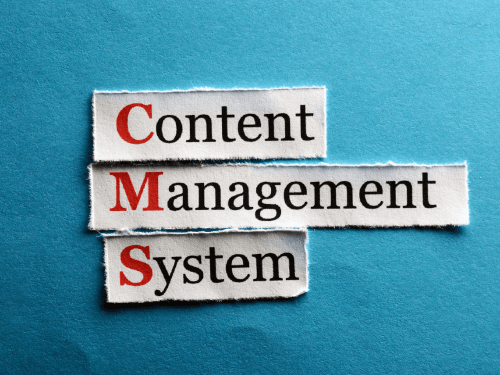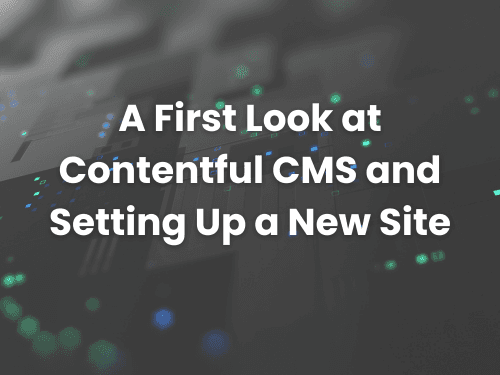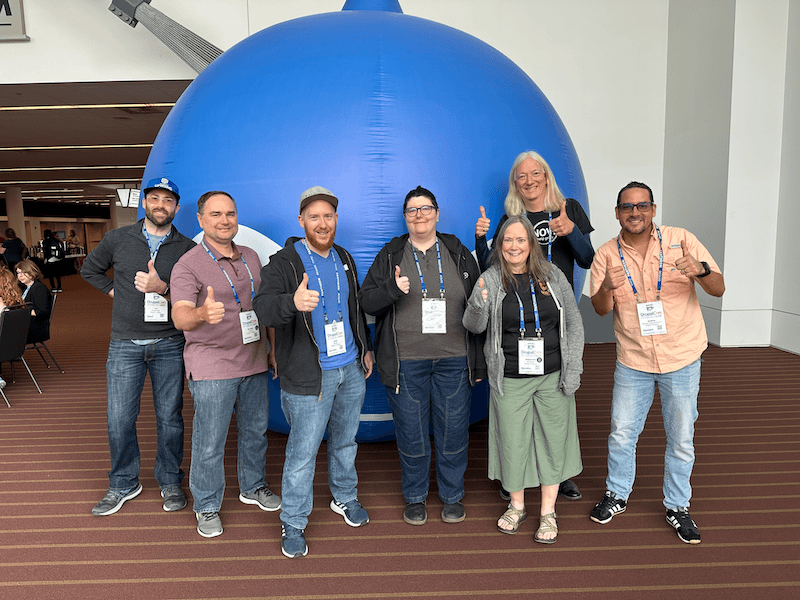You may have heard the terms “Headless CMS” and “Decoupled front-ends” floating around the industry if you are involved in web and marketing. Today, we are going to take a look at why Drupal should be considered as an option for your headless content management system (CMS).
Drupal is a powerful, open-source content management system that is well-suited for use as a headless CMS. A headless CMS refers to a content management system where the front-end is decoupled from the back-end, allowing for greater flexibility and scalability. To learn more about this decoupled architecture, check out our blog on the 5 Benefits of Decoupled Websites.
Drupal offers a robust set of features for managing and organizing content, including taxonomy, version control, access controls, content workflow, media management, and MarTech integrations. These features make it easy to manage and deliver content to different channels and devices. Drupal also has built-in support for RESTful web services, making it easier than ever to deliver your content via an API that your front-end application can consume.
With a large and active community of developers, there are a wealth of resources available for developers to tap into when building a headless CMS using Drupal.
- Flexibility and scalability: Drupal is a highly flexible and scalable content management system that can handle a wide range of website needs, making it a great choice for headless CMS.
- Robust content management: Drupal offers a robust set of features for managing and organizing content, including taxonomy, version control, and access controls. This makes it easy to manage and deliver content to different channels and devices.
- Strong API support: Drupal has built-in support for RESTful web services, making it easy to deliver content to a variety of devices and channels via an API.
- Large developer community: Drupal has a large and active community of developers who have created a wide variety of modules and themes that can be easily added to a Drupal site to extend its functionality. This means that there is a wealth of resources available for developers to tap into when building a headless CMS.
- Security: Drupal has a strong focus on security and regularly releases updates to address any security vulnerabilities. This makes it a great choice for headless CMS as it keeps the content safe and secure.
If you're interested in learning more about how a decoupled website can benefit your business, sign up for a free consultation. Whether you're looking to improve performance, scalability, or user experience, we can help.




